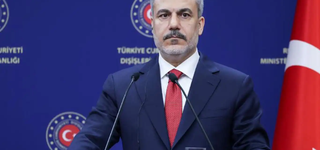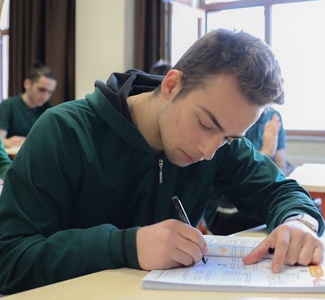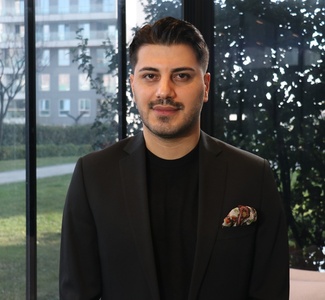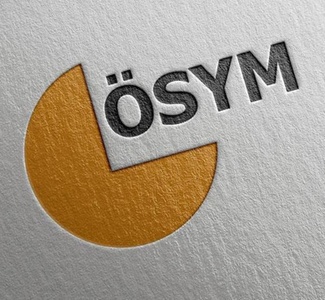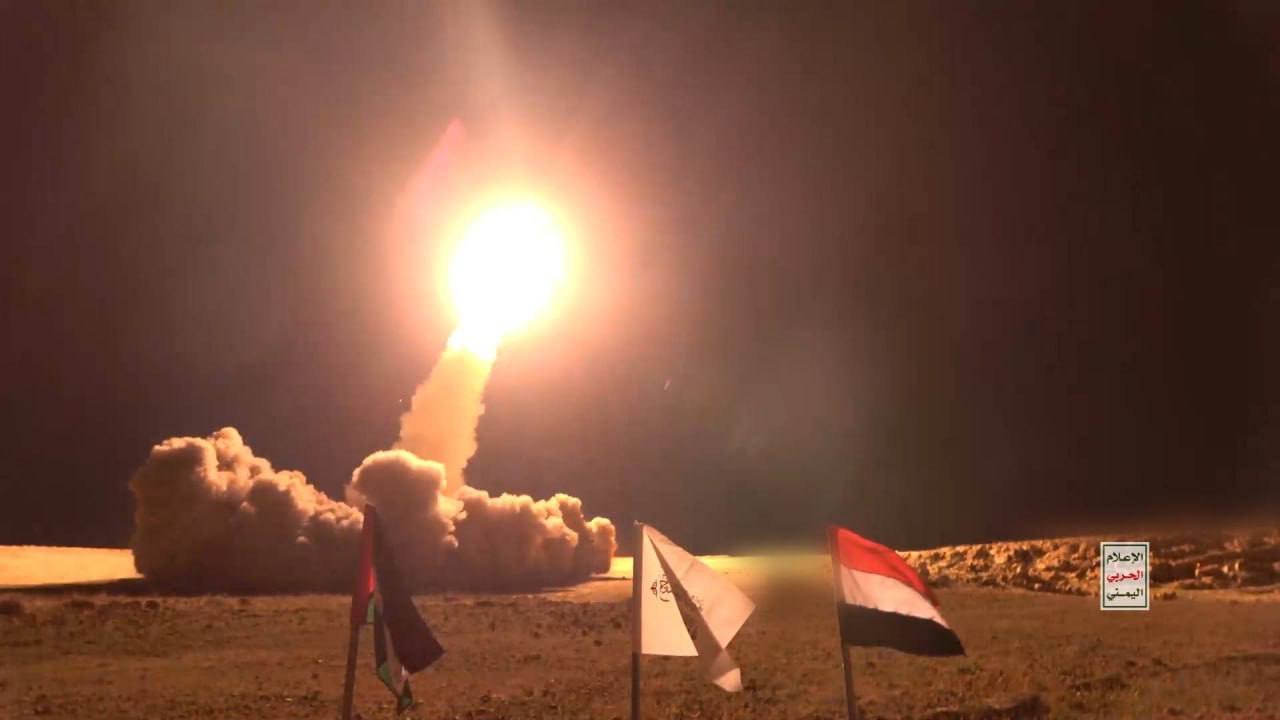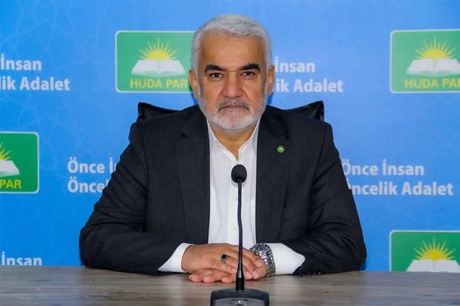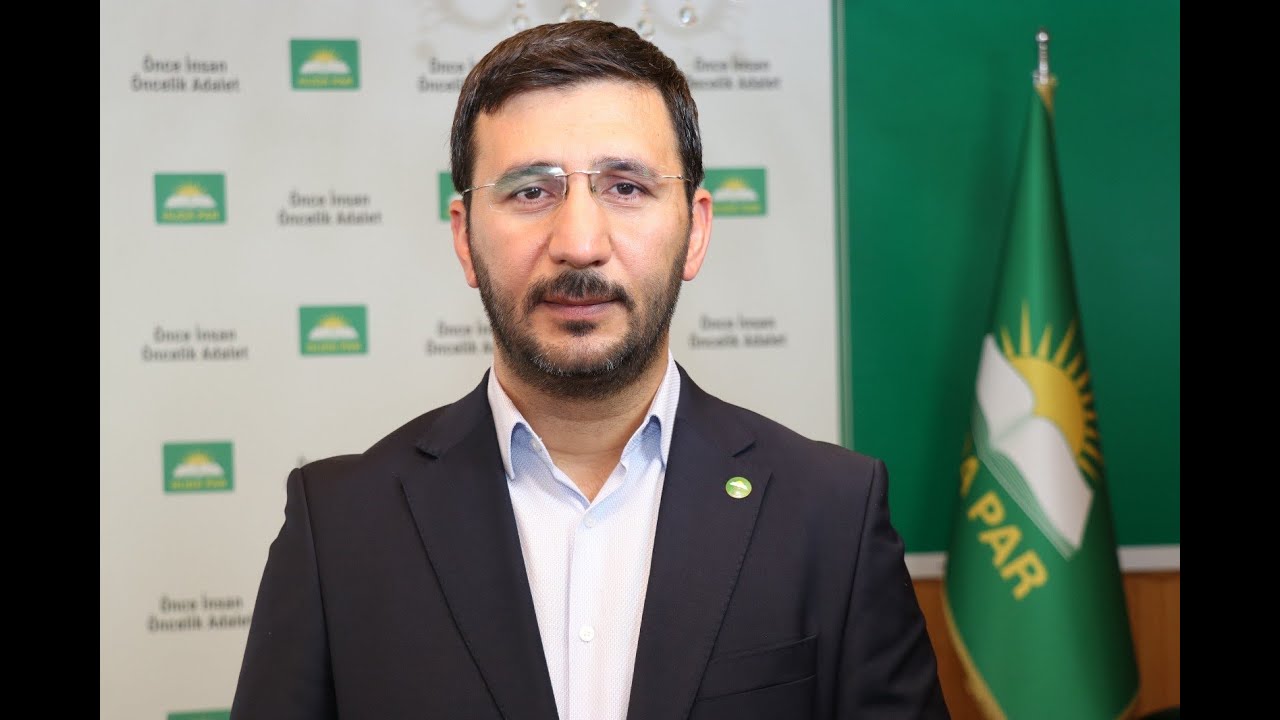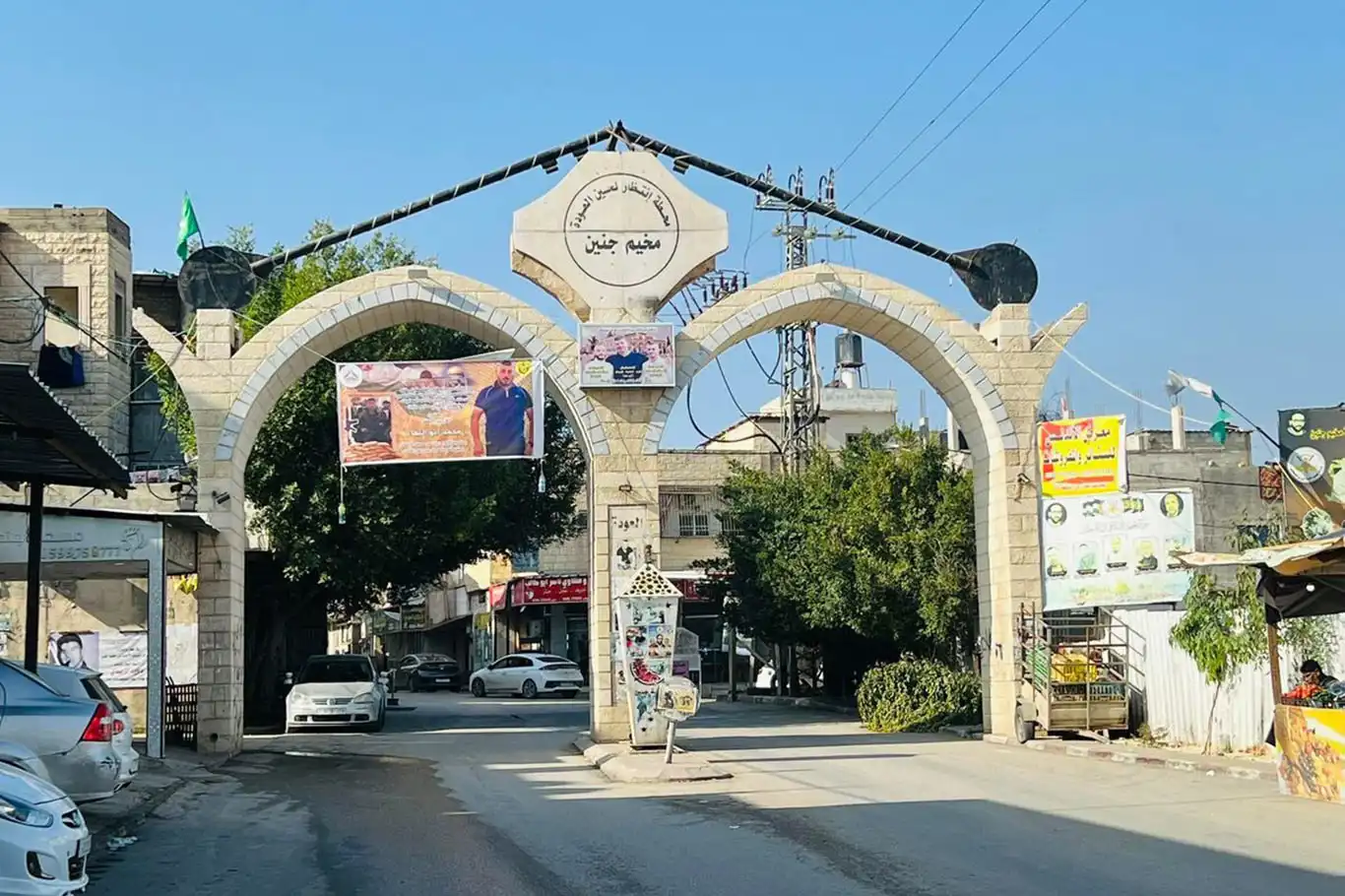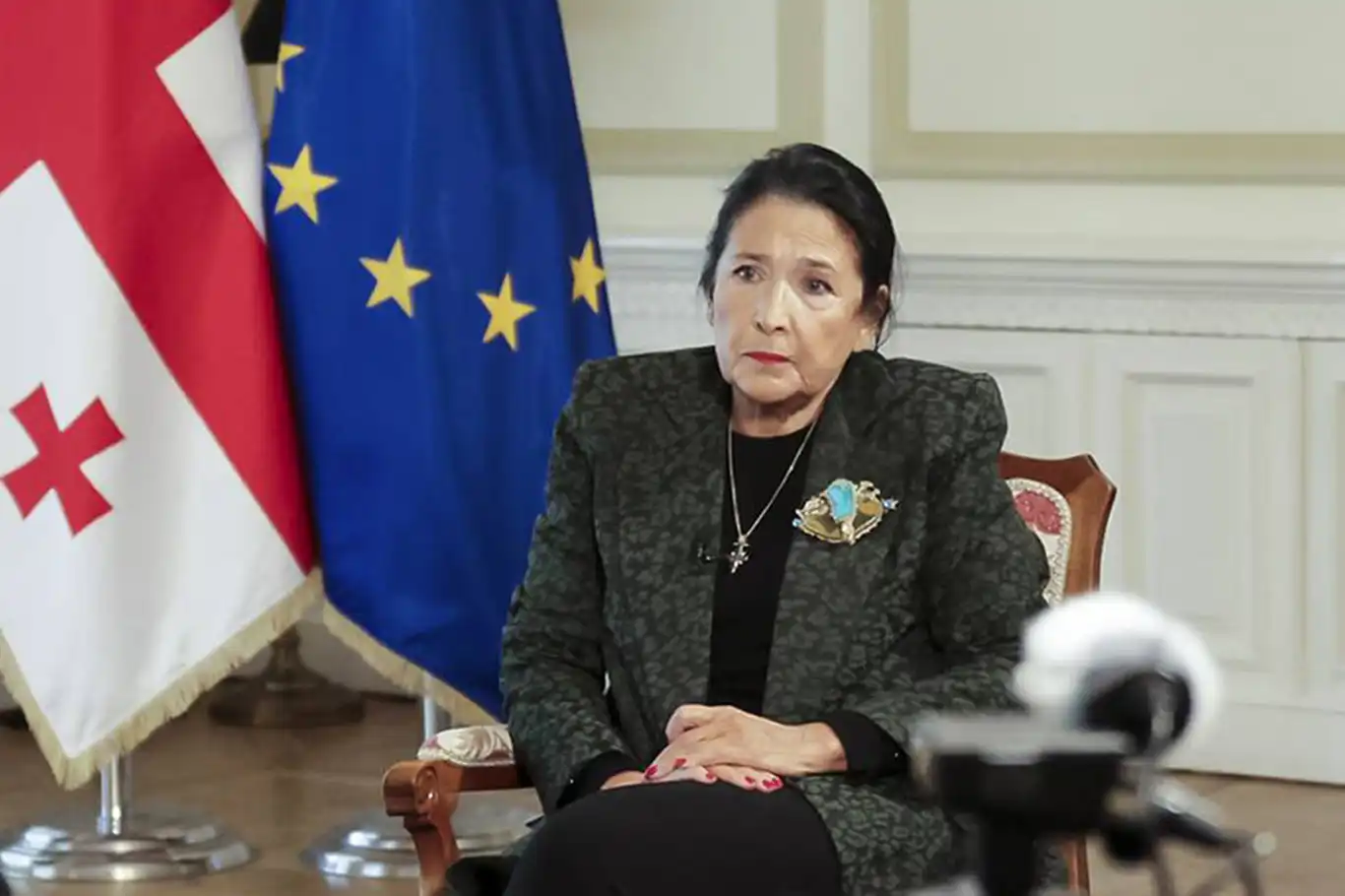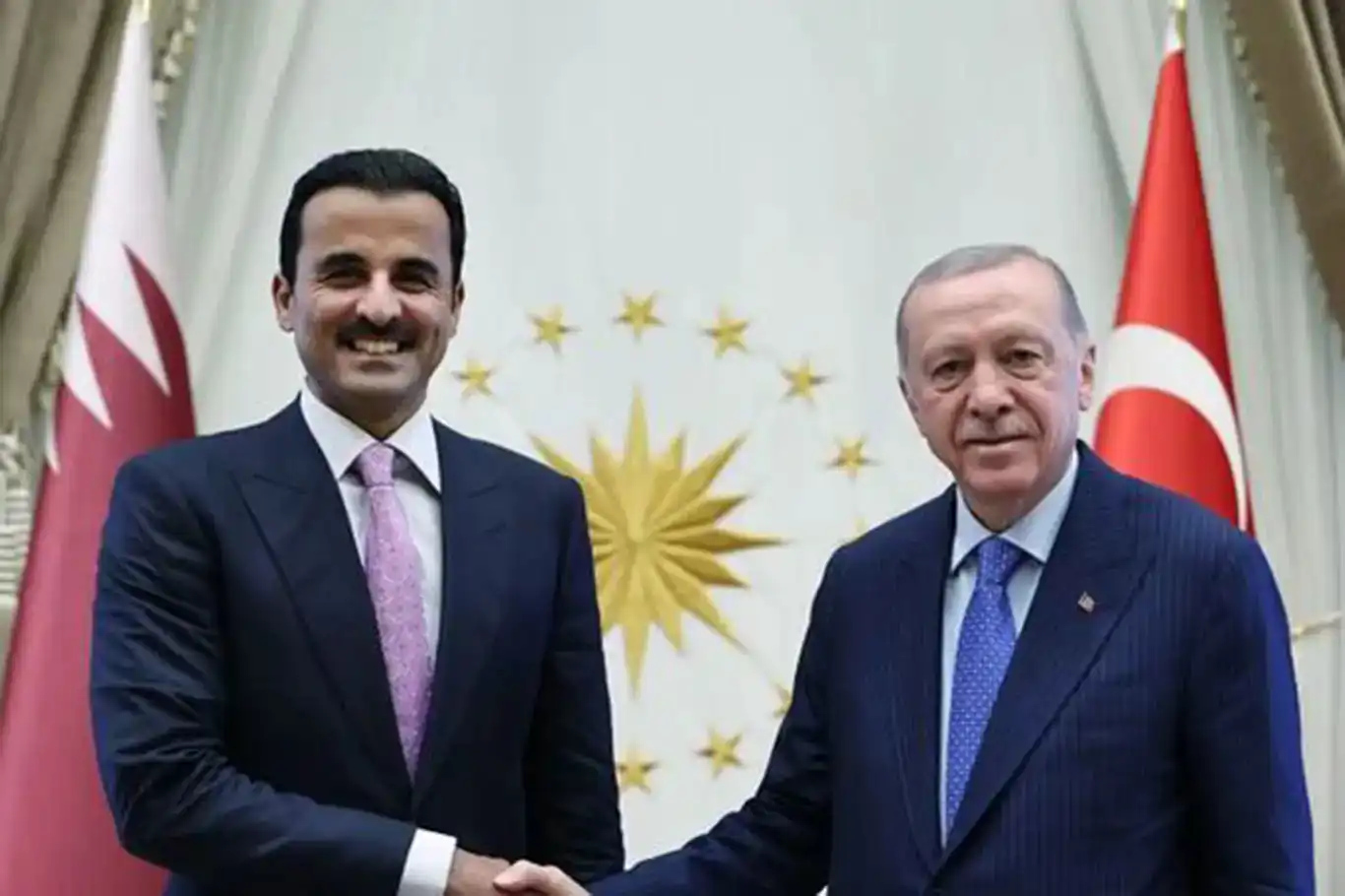Borrell: Over 1 million children are at risk of dying this winter of cold and hunger in Afghanistan
The High Representative for EU foreign policy, Josep Borrell, drew attention to the humanitarian situation in Afghanistan.
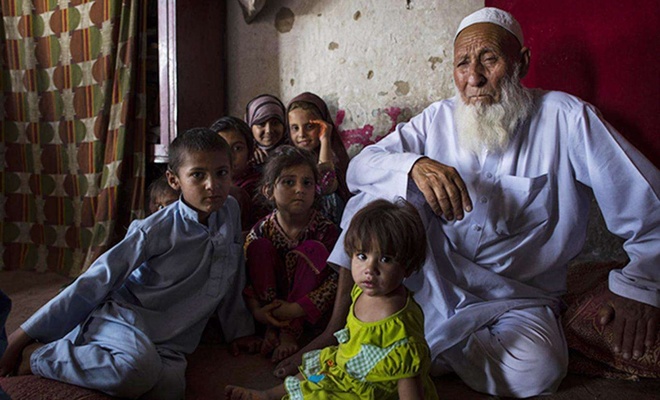
 Google News'te Doğruhaber'e abone olun.
Google News'te Doğruhaber'e abone olun. “I have convened this urgent meeting with Ministers responsible for Development to address the deteriorating situation in Afghanistan and to discuss how we can support the Afghan people together - Member States and European institutions - as Team Europe,” said Borrell, on the sidelines of the informal videoconference of the development ministers.
I convened #FAC Development Ministers meeting to address deteriorating situation in #Afghanistan. We cannot wait and see and need to act.
We agreed on calibrated approach to give direct support to Afghan people, while respecting EU engagement principles. https://t.co/uE2uLUMzsn pic.twitter.com/YDeNfdfdUi
“The humanitarian and socio-economic situation in Afghanistan is on the verge of collapse. According to the Norwegian Refugee Council, at least 1 million children are at risk of dying this winter of cold and hunger – 1 million -, unless they get the appropriate assistance. We cannot ‘wait and see’. We need to act, and act quickly.”
Borrell said: “Yes, we have already increased our humanitarian assistance, but it is not enough to avert famine and a major humanitarian crisis. It is crucial to complement it with the delivery of what we can call ‘humanitarian plus aid’ in direct support of the population.”
“This does not mean that the five benchmarks that were agreed by the Council are not relevant anymore. On the contrary, they remain valid and they must be fully met before regular development cooperation can resume,” Borrell continued.
“So, today, we agreed on having a calibrated approach to give direct support to the Afghan population in order to prevent this humanitarian catastrophe while, certainly, not recognizing the Taliban. We will deliver the aid, through our multilateral partners, but respecting our agreed principles of engagement,” he added. (ILKHA)































